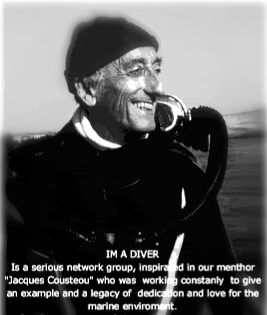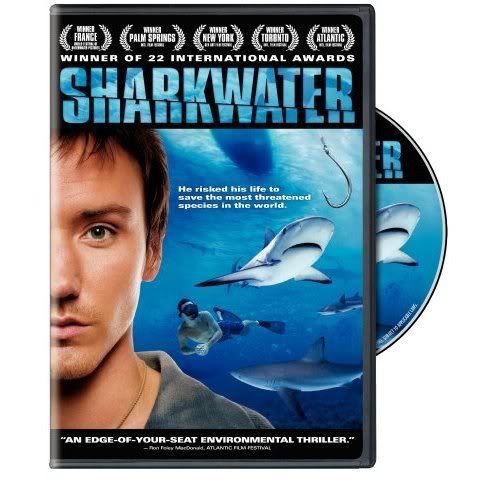
The International Whaling Commission (IWC) has been holding its annual meeting in Santiago.
The main issue has been whether pro- and anti-whaling countries can resolve their differences. They agreed to spend a year looking for a compromise deal.
BBC environment correspondent Richard Black has been sampling opinions on the peace initiative.

Jose Truda Palazzo
Alternate (deputy) Whaling Commissioner, Brazil
It could work if there were some commitment from the whaling countries; but what we are seeing is there is absolutely none. They show that they have no interest in diplomatic and civilised dialogue or compromise.
Having come to this meeting for 25 years, the hope I had on Monday is almost gone.

Whaling Commissioner, St Lucia
There isn't much harmony. People are not bending.
We have to respect different cultures. I shouldn't go to England and say "you shouldn't eat bangers and mash". There are some whales that shouldn't be harvested because they are endangered; but if it can be done sustainably, I don't see anything wrong with it.

Bo Fernholm
Whaling Commissioner, Sweden
Sometimes you feel the more extreme countries are happy with the situation, and that it's us in the middle who should be unhappy.
Marine resources can be used sustainably. The IWC should have a role ensuring there is sustainable use of what can be used sustainably, and that is not many species today.
President, East Caribbean Coalition for Environmental Awareness
If we put our minds together as human beings to make the compromise process work, it can work. But if we're each of us going to stick out for our own positions, then it won't work.
It's my opinion that some of the commissioners have a lot to lose personally (from compromise).

Calestous Juma
Harvard University; IWC special adviser
The whaling convention was created for one purpose - to allocate catches. New issues have come up, to do with conservation and other uses of marine resources, that need different treatment.
What is needed is mutual recognition of divergence of objectives; and that is not happening yet.

Andy Ottaway
Campaigns Director, Campaign Whale
A deal wouldn't address the tens of thousands of dolphins and porpoises that are being slaughtered each year in Japanese waters.
They've slaughtered about 350,000 porpoises since 1986 - that's two every hour for the 22 years of the commercial whaling ban. This extermination must be a priority for the IWC.
Miguel Marenco
Central American Council for Sustainable Fisheries Development
If this negotiation fails I believe pro-use countries will decide a new way. You cannot stop small coastal whaling; it is part of the world's culture.
Australians eat kangaroo, Koreans eat dog, Nicaraguans eat turtle. What we teach our communities is how to do it sustainably.

Director, OrcaLab, Canada
I think it's basically a fantasy world; I just can't see the sides coming together.
But it's vital that this issue goes away somehow. Huge resources are being devoted to what is, on the bottom line, in a planetary context, a trivial issue. We have to sort out the real problem we face, which is climate change.





